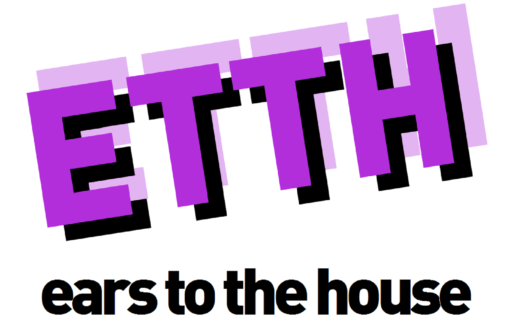
I’m going to start this post with a passage from The Bible, of all places. The book of James, chapter one, verses two to four state “Consider it pure joy, my brothers and sisters, whenever you face trials of many kinds, because you know that the testing of your faith produces perseverance. Let perseverance finish its work so that you may be mature and complete, not lacking anything”.
It’s a good lesson in life. Character is built during tough times, not the easy ones. And the pandemic over the past two years has been one of the toughest periods of history for quite some time. Living under all kinds of restrictions – where things you could do and previously took for granted weren’t there anymore – has taken its toll.
A lot of the best music that we know comes from hard times – look at the number of songs which are about relationships breaking up or about death, for example. So the past two years should have brought about a lot of innovation within music – with many of the usual revenue streams out of action, there was never a better time for taking a risk. Nothing to lose, potentially a lot to gain.
But what has happened? Very little. A friend sent me an article recently about a producer called The Flying Lotus. I’ve heard the name, but know little about him – but he spoke last year to Vice and talked about the changes he’d made to stay afloat during the pandemic. And not only did they work, they led to a Grammy nomination.
Compare and contrast with the dance music world which this blog covers. The difference could not be more stark. Instead of pushing the envelope and trying something different and new, most producers responded by becoming even more conservative than they were before. And this is something which applies across the board.
Whether it be newbies who are trying to make their mark on the digital stores or veterans of the scene, the story is the same. For example, look at Carl Craig – a producer who undoubtedly did show innovation back in the 1990s. Instead of showcasing his latest innovations, he responded with a remix contest for a track he released back in 1989.
What’s innovative about getting a bunch of people to rework a decades old track? What’s forward thinking about endlessly trying to rinse your own archive? Even Craig’s own friend, Alan Oldham, can see “it’s all about what the new stuff”.
The same story can be seen in the charts, which are filled with remixes of decades old records. Dave Lee, Dr Packer and Michael Gray might be doing nicely out of this trade, but that’s no reason the rest of the scene should go the same way. Rehashing old glories is obviously easier than creating new ones, but there are only so many oldies which can be dusted off.
If a global pandemic doesn’t encourage producers to get off their backsides and make something new, I don’t honestly know what will…




